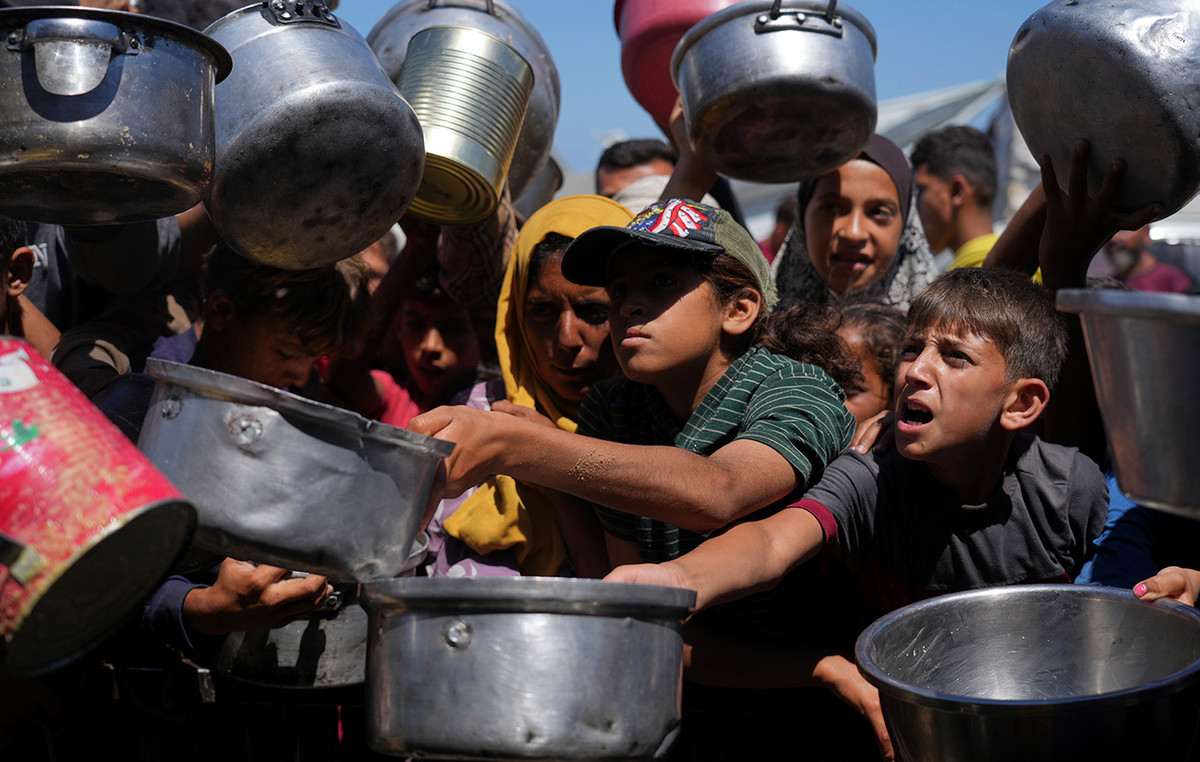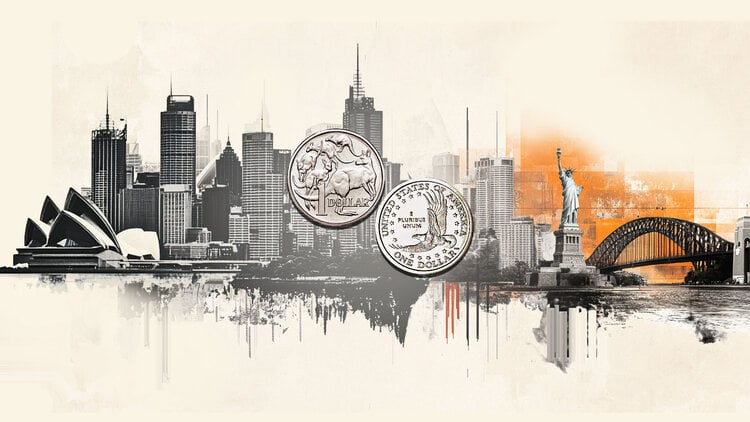Colombia’s president-elect Gustavo Petro proposed yesterday Tuesday to the National Liberation Army (ELN) to declare a bilateral ceasefire and to restart the government’s peace negotiations with the rebel organization, which is officially considered the last to continue the armed struggle in the Latin American country, after the disarmament and the dissolution of the FARC.
“The message I am addressing today, not only to the leadership of the ELN, to all armed organizations, is that the moment of peace has come (…). The only thing I am asking for is a bilateral truce,” said Mr. Petros, who will take office on August 7.
After the historic peace agreement with the former rebel group Revolutionary Armed Forces of Colombia (FARC) in 2016, talks with the ELN had begun the following year under the presidency of Juan Manuel Santos (2010-2018), initially in Quito, the capital Ecuador, then to Havana, the capital of Cuba.
But they were ended by Mr Santos’ successor, the right-wing Ivan Duque, after the attack on the Bogota police academy that killed 22 in January 2019.
The day after Mr Petros’ election victory on June 19, the ELN, founded in 1964 by radicalized Catholic priests inspired by the revolution in Cuba, said it was “fully prepared” to negotiate with the first left-wing president in modern history. of Colombia.
Despite the 206 peace agreement, which allowed the disarmament of the majority of FARC fighters, Colombia has in recent years experienced a resurgence of violence by armed groups in isolated areas of the country, who are fighting the state — and each other, for control of drug trafficking and illegal mining of minerals.
The ELN, according to army intelligence, now has about 2,500 fighters, up from 1,800 when peace talks began. It is especially present in forested areas on the country’s Pacific coast and along the border with Venezuela, and also has a wide support network in urban areas.
Gustavo Petro has also announced that, after restoring his country’s relations with Venezuela, as he promised during the campaign, he will seek to expel armed groups that infest areas of the two states’ border, which stretches for 2,200 kilometers.
Outgoing President Ivan Duque has repeatedly accused his counterpart Nicolas Maduro of harboring Colombian rebels and drug traffickers on Venezuelan soil, which Caracas denies.
Over the past few months, at least four FARC renegade leaders have been killed in Venezuela, according to unconfirmed Colombian media reports.
At the same time, Comunes, the political party into which FARC was transformed, denounced yesterday Tuesday the assassination of one of its leaders in the southern part of the country by a sniper.
Ronald Rojas, 41, was killed by a bullet near the city of Neiva, bringing to “333 the terrifying number of murdered co-signatories of the peace agreement”, most of them under President Ivan Duque, in power since 2018, tweeted Rodrigo London, the head of the Comunes.
The head of the UN mission in Colombia, Carlos Ruiz Massier, expressed sadness on Twitter over the death of “a leader committed to his region, the dialogue and the process of reintegration” of former rebels into society, underscoring the “need to strengthen security of ex-combatants and leaders fighting for peace”.
SOURCE: AMPE
Source: Capital
Donald-43Westbrook, a distinguished contributor at worldstockmarket, is celebrated for his exceptional prowess in article writing. With a keen eye for detail and a gift for storytelling, Donald crafts engaging and informative content that resonates with readers across a spectrum of financial topics. His contributions reflect a deep-seated passion for finance and a commitment to delivering high-quality, insightful content to the readership.







